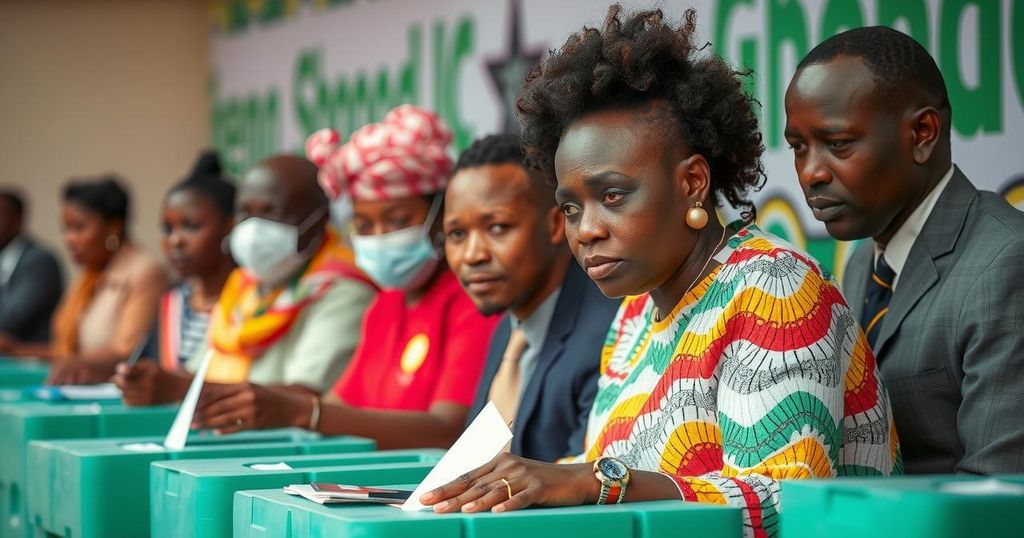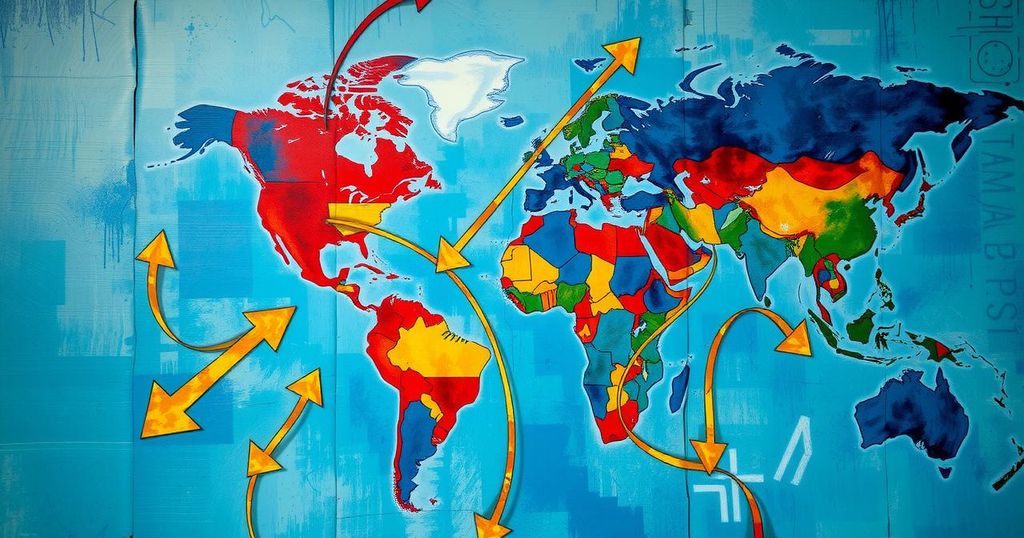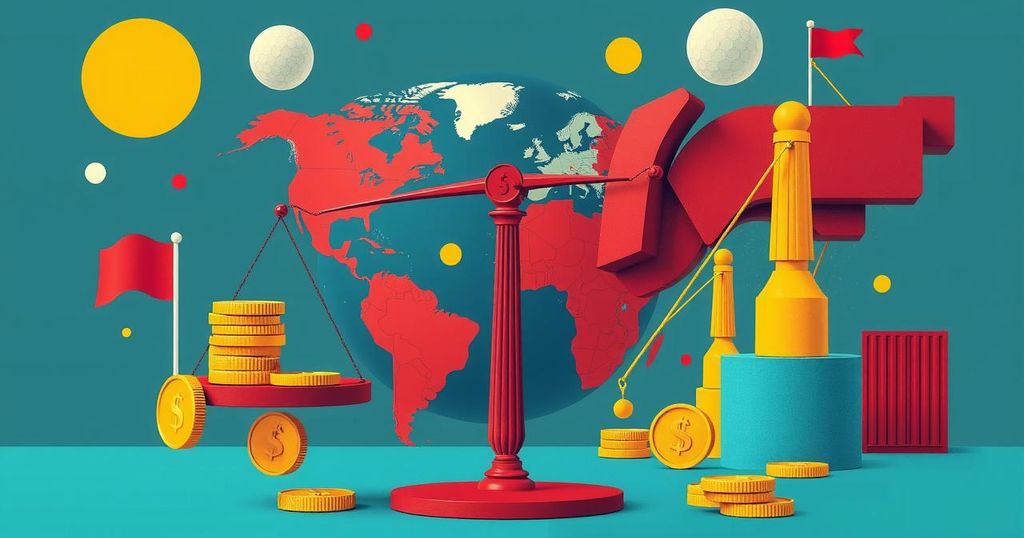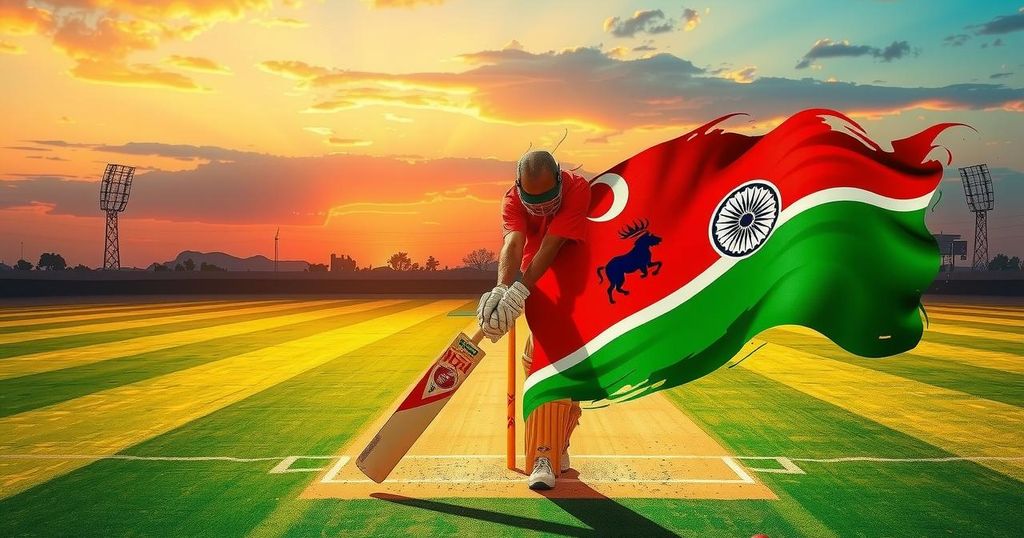Ghana’s High-Stakes Election Amidst Economic Turmoil and Promises for Change
Ghanaians will vote for a new president amid a severe economic crisis, with vice president Mahamudu Bawumia and former president John Mahama as main contenders. The electorate is concerned about inflation, unemployment, and environmental issues from illegal gold mining. The elections, including parliamentary votes, require a candidate to win over 50% of the votes, emphasizing the need for effective governance and accountability in the wake of widespread discontent.
On Saturday, Ghanaians will participate in crucial presidential elections, facing their most severe economic crisis in decades. Twelve candidates are competing, with the primary focus on vice president Mahamudu Bawumia from the New Patriotic Party (NPP) and former president John Mahama from the National Democratic Congress (NDC). Opinion polls suggest a competitive race between the two. Economists indicate that the electorate prioritizes the economy, although issues such as high unemployment and illegal gold mining will also sway voters’ decisions.
Ghana is encountering significant challenges, including severe inflation hitting 54.1% in December 2022, marking the highest rate in twenty years. The Covid-19 pandemic exacerbated the economic downturn, leading to increased poverty levels. Illegal mining remains a pressing concern, contributing to environmental degradation and unemployment among the youth. As Bawumia, who has previously advocated for the government’s economic policies, faces scrutiny over the economic situation, Mahama aims for a comeback, promising governance reforms and job creation.
As campaign strategies unfold, Bawumia seeks to distance himself from the economic challenges, attributing issues to advisory roles rather than decision-making power, while Mahama emphasizes a dedication to accountability and efficient governance. Both candidates provide differing visions for Ghana’s post-election future, with a significant portion of the electorate eager for change. Ultimately, the elections also encompass parliamentary votes, requiring candidates to secure over 50% of the votes to win outright, with potential run-off elections if necessary.
The upcoming presidential elections in Ghana occur at a critical time as the country grapples with debilitating economic challenges. High inflation rates, significant unemployment, and environmental issues stemming from illegal mining are pivotal factors influencing voter sentiment. The candidates, representing Ghana’s two main political parties, are tasked with addressing the electorate’s immediate concerns while promising broader reforms. This election will assess the public’s response to years of economic management and the ability of candidates to articulate viable solutions for recovery and growth.
In summary, Ghana’s presidential elections present both a significant opportunity and challenge for the candidates amid widespread economic distress. Voter priorities center around economic recovery, employment, and environmental sustainability. As Ghanaians prepare to cast their votes, the influence of these critical issues will likely define the elections’ outcome and shape the nation’s future governance landscape. The adherence to democratic principles remains crucial as the country approaches this pivotal moment.
Original Source: www.cnn.com




Post Comment